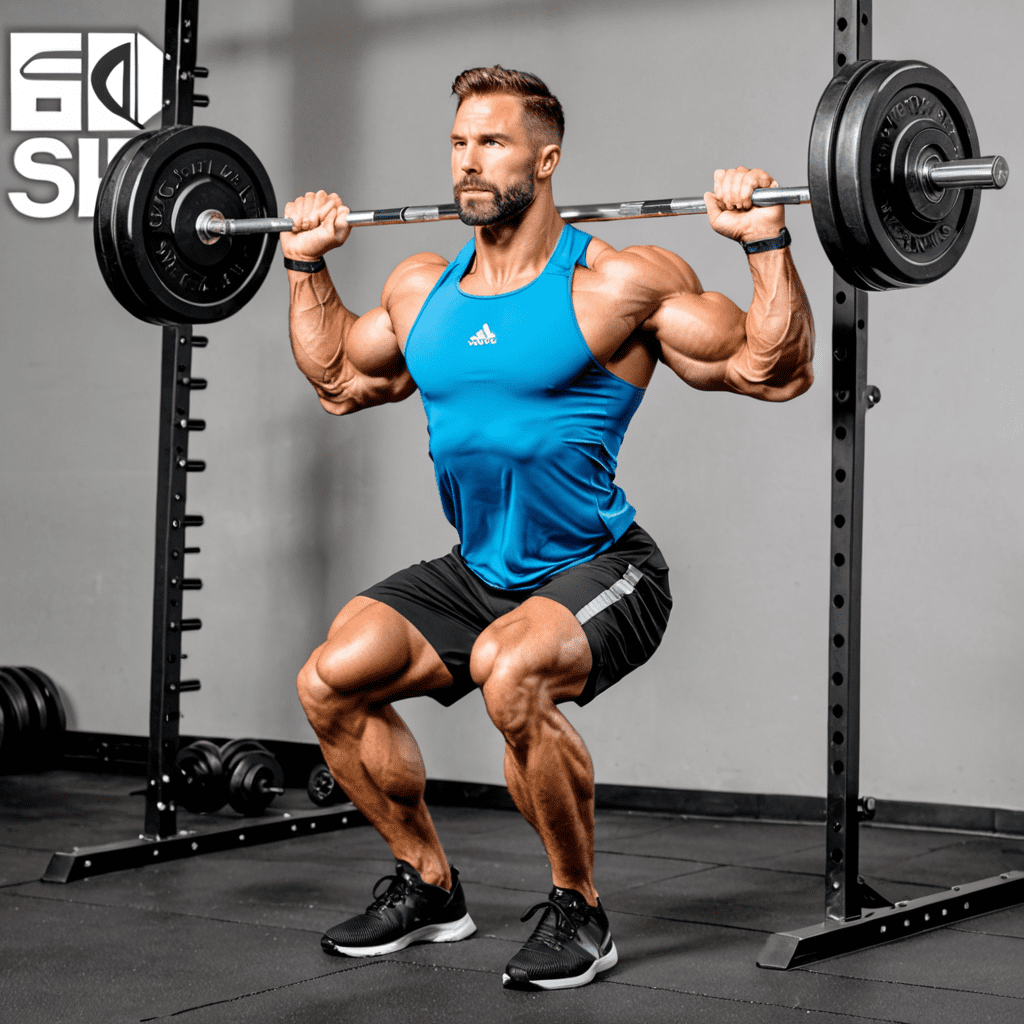
1. Introduction
A healthy lifestyle encompasses both physical and mental well-being. While regular exercise is crucial for maintaining physical fitness, incorporating meditation into your fitness routine can significantly elevate your overall health and well-being. Meditation, an ancient practice known for its stress-reducing and mindfulness-enhancing qualities, offers a plethora of benefits that complement and enhance your fitness journey.
2. Benefits of Combining Meditation and Fitness
Combining meditation with fitness unlocks a treasure trove of advantages for both your physical and mental state. Here are some key benefits:
Enhanced Focus and Concentration: Meditation sharpens your focus and concentration, allowing you to engage more deeply with your workouts. This heightened awareness improves your form, technique, and overall effectiveness during exercise.
Faster Recovery and Reduced Muscle Soreness: Meditation helps your body recover faster from strenuous workouts. By reducing inflammation and promoting relaxation, it minimizes muscle soreness and speeds up the recovery process, allowing you to bounce back quicker and train harder.
Stress and Anxiety Management: Exercise can sometimes trigger stress and anxiety, hindering your progress. Meditation acts as a powerful antidote to these mental challenges, equipping you with tools to manage stress and anxiety effectively, creating a more positive and productive fitness experience.
Improved Sleep Quality: Meditation promotes better sleep, which is essential for optimal physical and mental performance. By calming the mind and reducing racing thoughts, meditation fosters deeper, more restful sleep, leading to increased energy levels and improved focus during your workouts.
3. Different Types of Meditation for Fitness
Various meditation techniques can be seamlessly integrated into your fitness routine, each offering unique benefits. Here are three popular options:
Mindfulness Meditation: This technique involves focusing your attention on the present moment, observing your thoughts, feelings, and bodily sensations without judgment. It can be practiced before, during, or after your workout to enhance your awareness and improve your connection to your body.
Loving-Kindness Meditation: This practice cultivates compassion and kindness towards yourself and others. It can be particularly beneficial after exercise, as it promotes feelings of gratitude and appreciation for your body's capabilities.
Progressive Muscle Relaxation: This technique involves systematically tensing and relaxing different muscle groups in your body, promoting deep relaxation and reducing tension. It can be especially helpful before or after exercise to prepare your body for activity or to ease post-workout muscle tightness.
4. Integrating Meditation into Your Fitness Routine
Integrating Meditation into Your Fitness Routine:
Seamlessly weaving meditation into your fitness routine empowers you to reap its multifaceted benefits. Consider incorporating meditation sessions at different points throughout your workout for optimal results:
Pre-Workout Meditation:
- 5-10 minutes of mindfulness meditation: Center yourself and set clear intentions for your workout.
- Loving-kindness meditation: Cultivate self-compassion and positive energy before engaging in physical activity.
During-Workout Meditation:
- Short bursts of mindfulness meditation: Focus on your breath and bodily sensations during transitions between exercises.
- Progressive muscle relaxation: Release tension and promote recovery during rest periods.
Post-Workout Meditation:
- 10-15 minutes of mindfulness meditation: Reflect on your workout, acknowledging and appreciating your efforts.
- Loving-kindness meditation: Extend gratitude towards your body for its strength and resilience.
5. Overcoming Challenges
Embarking on a meditation journey often comes with initial challenges. Here's how to navigate some common hurdles:
Difficulty Focusing:
- Start with shorter meditation sessions: Begin with 5 minutes and gradually increase the duration as you gain comfort.
- Focus on your breath or a mantra: When your mind wanders, gently bring your attention back to your anchor.
Distractions:
- Find a quiet and secluded space: Minimize external distractions to create a conducive environment for meditation.
- Inform others about your practice: Let those around you know that you're unavailable during your meditation time.
Time Constraints:
- Incorporate short meditation sessions into your routine: Even a few minutes of mindfulness can make a significant difference.
- Prioritize meditation: Schedule it just like any other important appointment in your day.
6. Case Studies and Success Stories
Countless individuals have transformed their fitness journeys by integrating meditation. Here are a few inspiring examples:
John, a runner:
John used to struggle with pre-race anxiety. Mindfulness meditation helped him overcome his nerves, allowing him to focus on the present moment and perform at his peak.
Sarah, a weightlifter:
Sarah incorporated loving-kindness meditation into her post-workout routine. It fostered self-compassion and appreciation for her body's strength and endurance, boosting her motivation and commitment to fitness.
David, a yoga practitioner:
David found that progressive muscle relaxation helped him relieve post-workout muscle tension, facilitating faster recovery and enhancing his overall well-being.
These stories illustrate the profound impact meditation can have on fitness. By embracing meditation, you, too, can unlock its benefits for a more fulfilling and enriching fitness experience.
7. Resources and Support
Numerous resources are available to support your meditation journey:
Guided Meditation Apps:
- Headspace
- Calm
- Insight Timer
Online Courses:
- UCLA Mindful Awareness Research Center
- The Mindfulness Project
Meditation Communities:
- Meetup.com Meditation Groups
- Online Meditation Forums
By utilizing these resources and connecting with like-minded individuals, you'll find ongoing support and motivation to deepen your meditation practice and reap its countless rewards.
FAQ:
How often should I meditate for optimal fitness benefits?
Aim for daily meditation practice, even for short periods. Consistency is key to experiencing significant benefits.
Is it best to meditate before, during, or after my workout?
Experiment and see what works best for you. Some people prefer pre-workout meditation for focus, while others find post-workout meditation more effective for recovery and relaxation.
What if I can't clear my mind during meditation?
Don't get discouraged. It's natural for thoughts to arise during meditation. Simply acknowledge them without judgment and gently return your attention to your anchor (breath, mantra, etc.).


